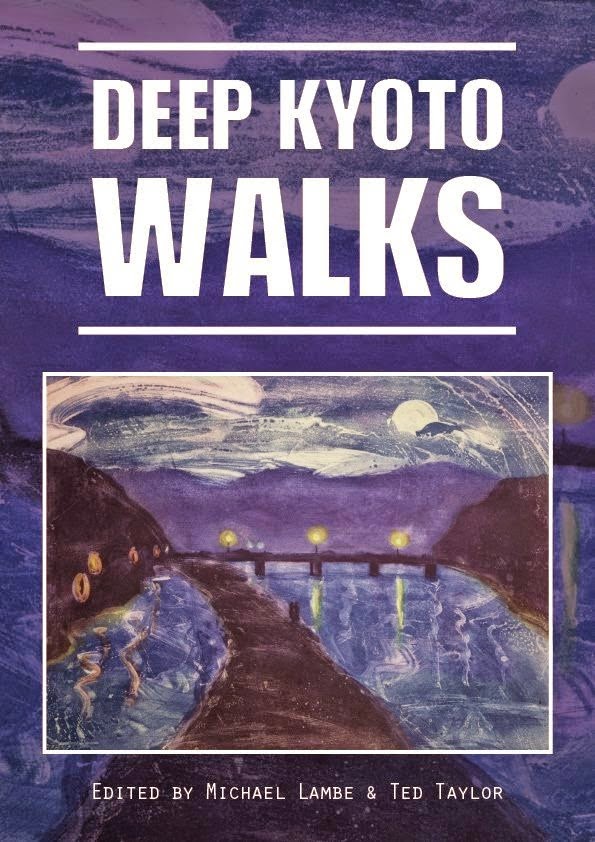February 26, 2003
Started the morning once again at Starbucks, filling in blank journal pages and waiting for Keiko. We met up at 1 pm, and she took me onto one of the US military bases. We signed in and then went to an area that looked like the foodcourt at the mall: Taco Bell, Burger King, Pizza Hut. All in US prices and sizes. This experience felt the opposite of my usual life in rural Japan, avoiding the American eyes looking at my hair, my earring, my clothes. I felt conspicuous, but not uncomfortable. In the Px I looked at books, vitamins, food, all of it cheap. Keiko had kept her Px card from when her ex-husband had been stationed here, and she shopped here often to save money.
Considering her and the band's political stance, she told me that she felt a sense of guilt about her slight appreciation for the bases on Okinawa, since they helped preserve the natural environment, albeit in a bizarre, backward way. In the past, when a base was decommisioned, the usual Japanese companies would move in and put up all the usual shit that clutters the mainland: Pachinko, chain shops, fast food. The bases are wide expanses of green grass and forest, a reminder of how the island used to look. But she doesn't condone what the bases stand for, and worries about the chemicals buried beneath.
She motioned to the dozens of troops doing maneuvers here and there, saying that the base is usually quiet, and this recently activity was leading to all sorts of rumors. It was strange the familiarity, comfort, and nostalgia I felt, yet it was hard to ignore the macho posturing of the GIs, and the propaganda posters. On the main road facing the front gate was a poster "reminding" us of the Ten Commandments.
We had picked up pizza and beer for Keiko's ex-husband, and headed to his house. He was bare-chested on the lawn when we arrived, beer in hand. My first impression admittedly wasn't great, but literally minutes into our conversation, we connected quite easily. As expected, his first question was, "Why did you come to Okinawa?"
We sat and talked for a couple of hours, drinking beer and eating the pizza. He'd been in Okinawa for 18 years, and had been captured by the spirits and subsequently found it impossible to leave. We went through the usual list of power spots, by now coming familiar. He told me of his many experiences and dreams, which even now he's beginning to figure out. He'd followed the urge to climb a hill and found a tomb that even the nuru (shamaness) didn't know about. He'd seen a white horse in a vision, a symbol common to the Celts, his own people. Stranger still was a vision had with open eyes, of Stonehenge with Chinese zodiac animals dancing in the air and Shokichi playing in the middle. Shokichi has a saying that when Heaven and Earth meet, there will be a great festival. Paul figures that if he were to stand in the middle of Stonehenge, a portal would open to some place he'd want to go.
Though English by birth, he was former US military (hence Keiko's base connections), and had strong opinions on Iraq. Ten years ago he'd predicted that we would be there again today. He had done a lot of research on Ur, the birthplace of Abraham, the father of religions. The split of Abraham's sons had formed the Christian and Muslim worlds. Paul felt that this war could be a chance to reunite them. When this began, the face of the true devil would appear, starting a chain of events that would not be about politics or oil. It seemed to be the will of Heaven...
On the turntable: The Greyboy Allstars, "Live"
On the nighttable: Norman Sherry, "The Life of Graham Greene, Vol. 3"




